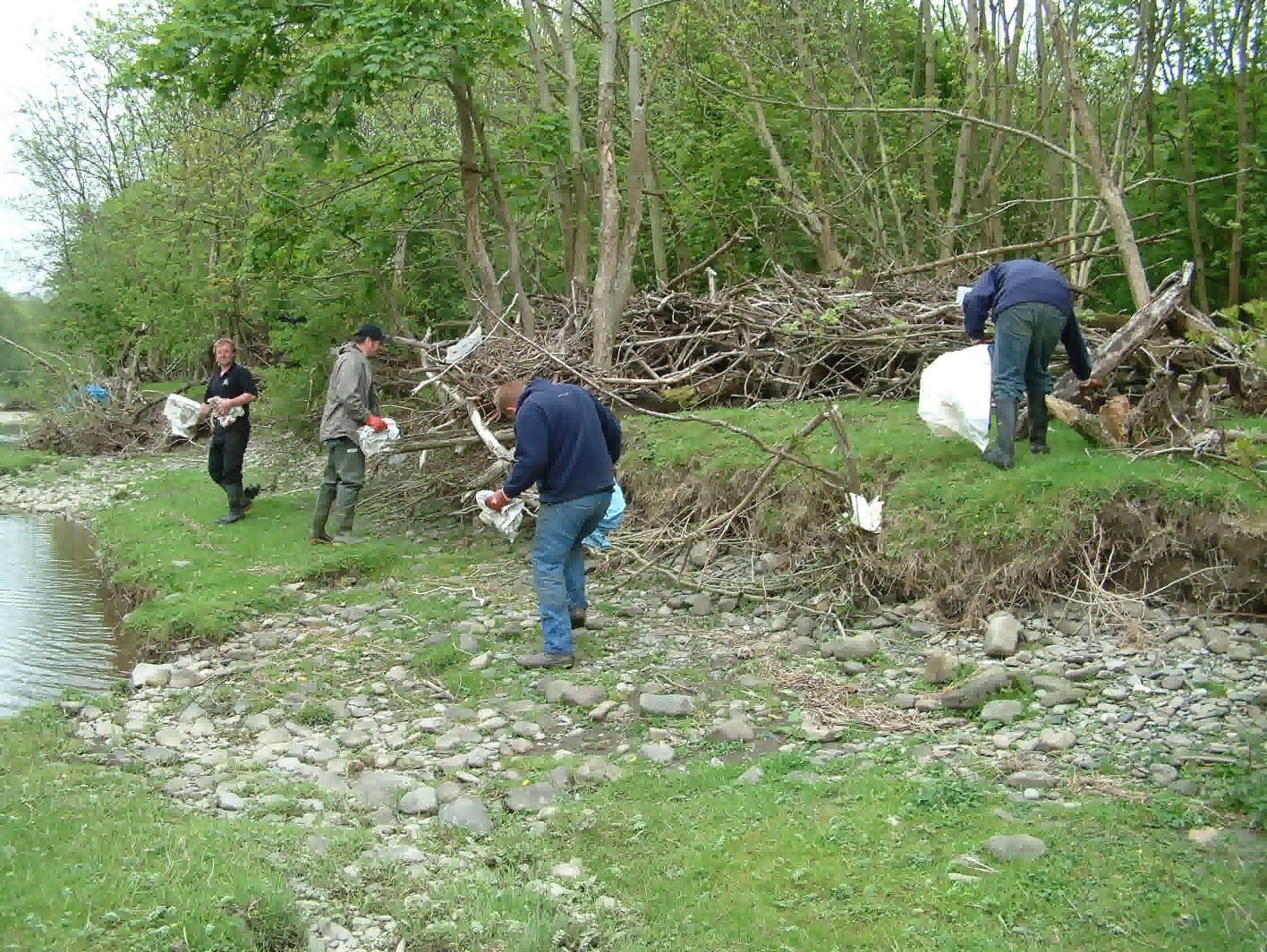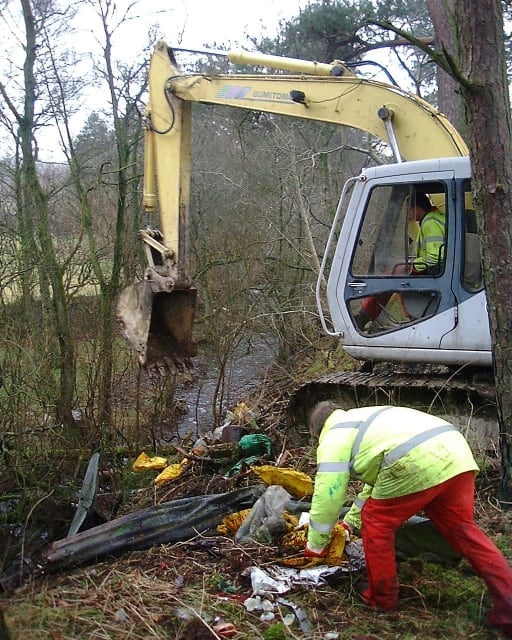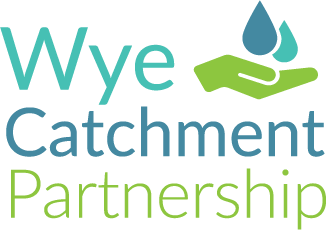Friday 5th April, 2019
In 2004, the Wye & Usk Foundation carried out collections on both rivers to establish the source of the litter strewn along the banks after each flood. We discovered that in the upper catchments, a large proportion of it was of agricultural origin (76%), consisting mainly of silage wrap, feed bags and plastic buckets.

While we acknowledge that this is an issue of national importance, our primary concern back in 2004 was that agricultural litter represented the visible side of the use of rivers as a conduit for all kinds of dangerous waste, including dead animals, sheep dips and other chemicals. More than a decade on, and thanks to some high profile celebrity involvement, there is now huge media coverage and vastly improved public awareness of the problem plastics pose to our planet’s aquatic life (both marine and freshwater) and to our own food chain.

The hope is that their study will pinpoint the major source of microplastics in rivers, currently believed to be polyester clothing in washing machines. In addition to this, an upper Wye fishery owner showed last week that rivers remain a cheap way of disposing farm plastics. Clearing just 600m of bank, his haul included 37 feed or fertilizer sacks, 7 plastic sheep lick containers and an estimated 1,000+ pieces of black silage wrap. This litter will add to the microplastics found in the surveys and contributes to the huge quantity found in our seas affecting marine wildlife. River litter can account for 85% of what is found on our beaches.
What can be done? More natural fibre clothing would help in one respect. Also, tighter controls on farm pollution plus the development of the much talked about “circular economy”, which would lead to an end to our throwaway society.
Fiona Nicholls, Greenpeace UK’s plastics campaigner, was quoted by the BBC as saying strong legislation was required to protect the environment. Wales has some of the best environmental legislation in the world. Unfortunately, it also has a distinctly third world approach to enforcement. Perhaps a start would be to recognise that part of the problem of river plastic in Wales is that some farmers operate on a business model of low investment and no regulatory interference.
April is the last chance to clear up litter before it is concealed by bankside vegetation or it travels further downstream. We would like to appeal to everyone to join all the other volunteers this spring, helping to make a difference by reducing the amount of plastic in the rivers. If you do, we would be very interested to hear about it and add details of what you have collected to our records.
All the best from WUF.

